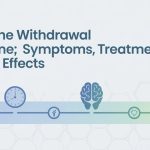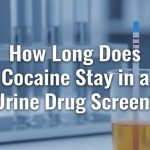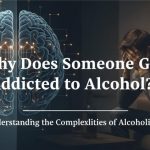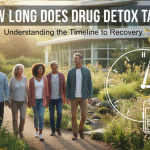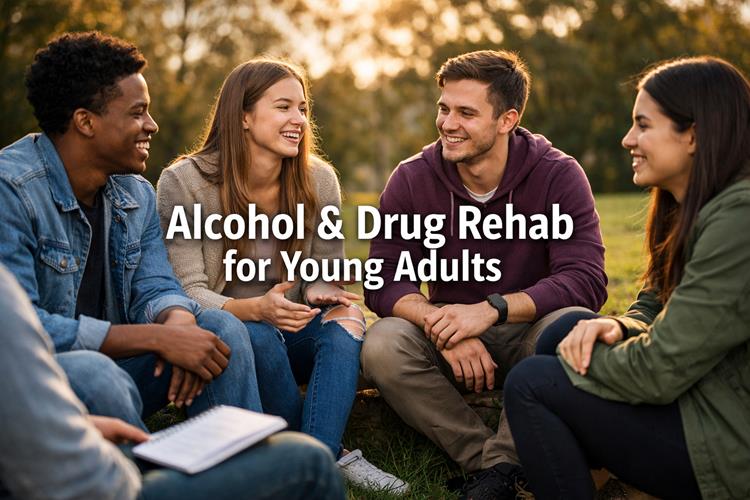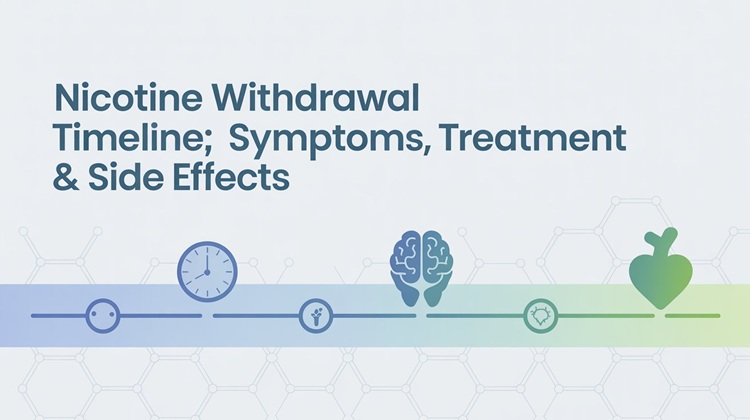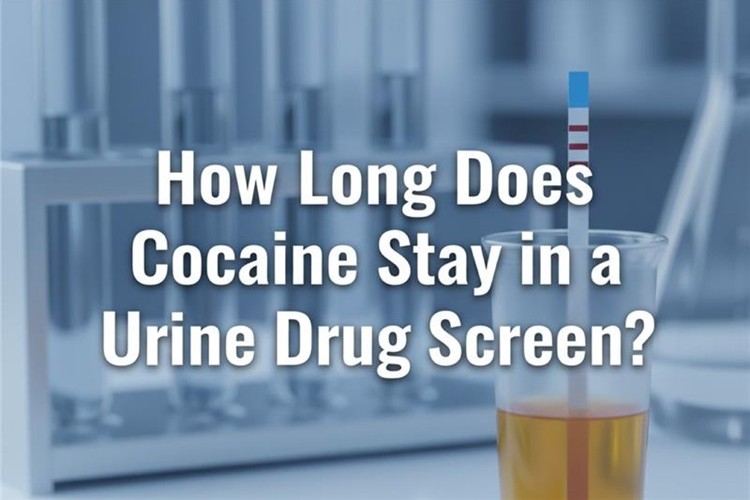People throughout the world regularly consume alcohol in social settings although excessive drinking produces severe harm to their health along with other personal consequences. Binge drinking and alcoholism represent two different conditions although people often mistake them as the same. Learning to differentiate between binge drinking and alcoholism enables the identification of risky alcohol use that requires professional guidance.
What is Binge Drinking?
Heavy alcohol consumption during short periods produces intoxication because of binge drinking practices. The National Institute on Alcohol Abuse and Alcoholism defines binge drinking as consuming alcohol amounts that result in human blood alcohol concentration reaching 0.08% or higher. According to the National Institute on Alcohol Abuse and Alcoholism, men should limit their drinking to no more than five beverages every two hours yet women have an upper limit of four beverages in the same period.
Alcohol dependence may not be indicated by occasional binge drinking but the practice can produce serious negative outcomes such as alcohol poisoning and accidents, together with long-term health problems.
Defining Alcoholism
Alcoholism functions as alcohol use disorder (AUD) which represents a permanent medical condition that makes people unable to regulate their alcohol consumption or end their drinking habits despite negative outcomes. The identified difference between alcoholism and binge drinking appears as alcoholism develops both physical dependence and mental addiction in contrast to binge drinking as an occasional behavior.
The process of alcohol dependency among people who struggle with alcoholism leads them to need greater alcohol amounts for maintaining the same effects. Any attempt to reduce alcohol intake or stop drinking leads to withdrawal symptoms which include shaking and nausea and anxiety and desires to drink. The condition of alcoholism produces multiple negative impacts which damage physical health together with relationships and work abilities and general quality of life.
100% Confidential Support is Available 24/7
No matter what you’re going through, you’re not alone. Our dedicated team is here to provide a safe, judgment-free space where you can talk openly and honestly. Whether you need emotional support, resources, or just someone to listen.
We’re here for you—completely confidential and always respectful of your privacy. Call us today!
Binge Drinking vs. Alcoholism: Key Differences
The excessive consumption of alcohol creates significant distinctions between binge drinking together with alcoholism.
- Frequency and Patterns of Drinking
- Heavy drinking periods that occur occasionally in social events define binge drinking.
- People who suffer from alcoholism develop long-term drinking habits combined with a powerful constant urge to drink daily.
- Control Over Drinking
- People who binge drink do not need to consume alcohol every day since they maintain control over their alcohol consumption.
- The inability to regulate their alcohol consumption defines alcoholics who develop physical dependence symptoms.
- Physical and Psychological Dependence
- People who binge drink alcohol do not always become dependent on alcohol.
- The combination of physical dependence along with psychological dependence makes alcohol addiction so hard to break through without professional assistance.
- Consequences and Long-Term Effects
- Drinking in deep episodes results in urgent health problems which include incidents along with state of confusion and alcohol intoxication.
- Alcohol addiction leads to serious permanent effects on body and mind that result in conditions such as liver diseases alongside depression and social isolation.

The Risks of Binge Drinking and Alcoholism
Both binge drinking and alcoholism pose significant risks. Binge drinkers encounter two main immediate health risks which are:
- Increased risk of accidents and injuries
- Alcohol poisoning
- People in an impaired state of mind might perform dangerous actions.
- Memory loss and blackouts
Long-term risks of alcoholism include:
- Liver damage, including cirrhosis
- Heart disease and high blood pressure
- Increased risk of cancer
- Mental health disorders, such as depression and anxiety
- Strained relationships and social isolation.
When to Seek Help
Identifying when someone has drinking problems becomes essential to obtain proper assistance. Professional assistance becomes essential for anyone who either consumes alcohol in large amounts frequently or deals with alcohol dependence issues. Some warning signs include:
- The person drinks in larger amounts than their plan did or battles to lower their alcohol consumption
- Experiencing cravings and withdrawal symptoms
- Neglecting responsibilities due to drinking
- Drinking alone or in secret
- Alcohol consumption triggers relationship or work disorders
Contact Palm Coast Treatment Solutions
Battling with Drug and Alcohol Addition? Remember, you are not alone and we are here to help you!
Alcohol Addiction Treatment Options
A person in any stage of alcohol consumption, from binging to alcoholism must seek medical help to achieve recovery. The treatment of alcohol addiction features several options which include:
Detoxification
Medical detox facilities enable people to overcome alcohol dependence while assisting them through their withdrawal symptoms naturally.
Inpatient Rehabilitation
The combination of structured treatment under medical supervision occurs in hospital-based rehabilitation programs that deliver therapy sessions alongside counseling and healthcare services.
Outpatient Treatment
People who participate in outpatient treatment can get therapy through a flexible program which lets them work while they receive care.
Behavioral Therapy
Behavioral therapy methods including cognitive-behavioral therapy (CBT) together with other therapeutic approaches, guide patients to modify alcohol consumption patterns by teaching different coping capacities.
Support Groups
Alcoholics Anonymous (AA) plays an essential role in providing peer groups for alcohol recovery since they offer support and accountability for their members.
Medication-Assisted Treatment (MAT)
People dealing with alcohol addiction may benefit from particular medications that control cravings while stopping them from returning to alcohol use.

Overcome Addiction with Palm Coast Treatment Solutions.
Book an appointment.
Take the First Step Toward Recovery
Professional medical care provides substantial help to people who battle binge drinking or alcoholism or anyone who supports them. Palm Coast Treatment Solutions delivers individualized alcohol addiction treatment with compassionate care to help patients overcome their needs. Our organization provides detoxification and both inpatient and outpatient care together with therapy and long-term support which assist people in taking back their lives. The path to life recovery exists through available assistance for alcohol dependence issues. Contact Palm Coast Treatment Solutions through telephone number (386) 284-4151 to initiate your recovery journey now.







